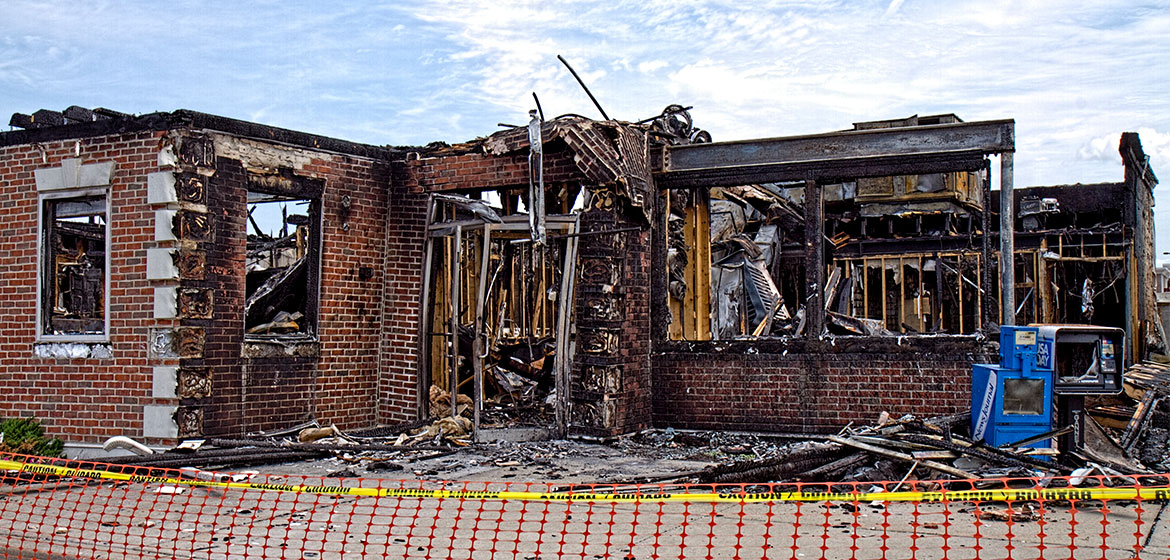The Leading Causes Of Fire In Hospitality Facilities

The hospitality industry, which includes hotels, restaurants, resorts, and other similar establishments, provides comfort and convenience to travelers and guests. However, it also poses unique fire risks due to its operational nature and the presence of guests and staff in enclosed spaces. Fire in hospitality facilities can result in devastating consequences, including property damage, injuries, and even loss of life. Therefore, it is crucial for hospitality facility owners, managers, and staff to be aware of the leading causes of fires in their facilities and take preventive measures to mitigate these risks.
Cooking Equipment
Cooking operations, including commercial kitchens and dining areas, are one of the most common sources of fires in hospitality facilities. The high heat, open flames, and flammable oils and grease used in cooking can easily ignite and spread, leading to a fire. Unattended cooking, overheating of appliances, and improper handling of cooking equipment are some common causes of kitchen fires. Deep fryers, grills, ovens, and other cooking appliances that are not properly cleaned can accumulate grease, which can quickly catch fire and spread to other areas. A site inspection can be arranged to assess the effectiveness of any existing fire prevention measures to prevent such an unfortunate event.
Electrical Systems
Electrical systems, including wiring, outlets, and appliances, can also be a significant fire hazard in hospitality facilities. Overloaded electrical circuits, faulty wiring, and damaged electrical cords can all cause electrical fires. The extensive use of electrical appliances in hotels and restaurants, such as refrigerators, dishwashers, and HVAC systems, increases the risk of electrical fires. Inadequate maintenance and improper use of electrical equipment can also lead to fires. Hence, getting guidance on proper maintenance and inspection protocols is crucial.
Heating, Ventilation, and Air Conditioning (HVAC) Systems
HVAC systems are crucial for maintaining comfort in hospitality facilities, but they can also be a potential fire hazard. Dust, debris, and lint can accumulate in HVAC systems, which can ignite and cause a fire. Moreover, electrical issues in HVAC systems, such as faulty wiring or motors, can also lead to fires. HVAC systems are often hidden behind walls, ceilings, or in mechanical rooms, which makes it difficult to detect and address potential fire risks.
Combustible Dust
In hospitality facilities that have large dining areas, banquet halls, or storage areas, combustible dust can accumulate and pose a significant fire risk. Combustible dust refers to fine particles or fibers that can ignite and explode when suspended in the air. Examples of combustible dust in hospitality facilities include flour, sugar, coffee grounds, and other food particles. Combustible dust fires can be particularly dangerous as they can spread rapidly.
We assist hospitality facilities in developing and implementing effective mitigation strategies to minimize the impact of fires because we know how frustrating it is to have to deal with fires in hospitality facilities. In the unfortunate event of a fire incident, we also provide expert claims management services. This can include documenting and assessing damages, coordinating with insurance providers, and guiding facility owners and managers through the claims process.